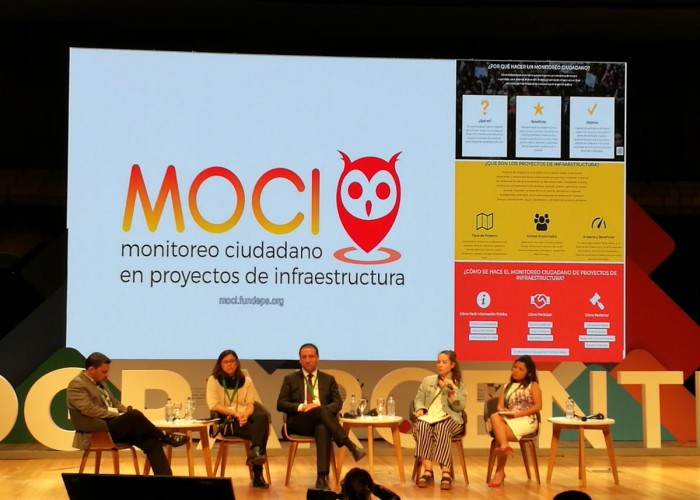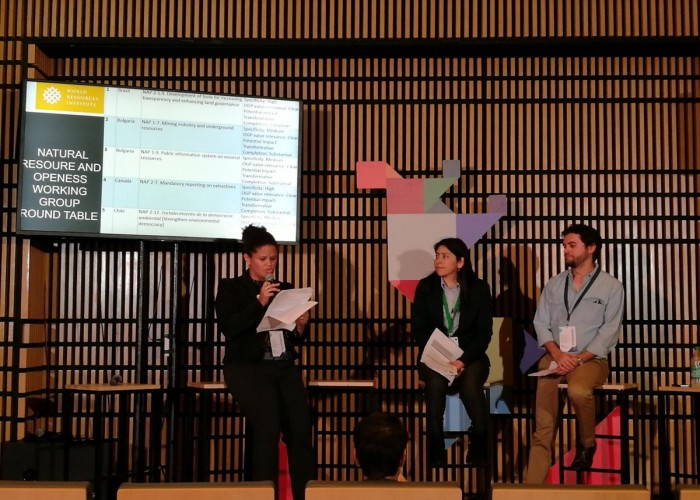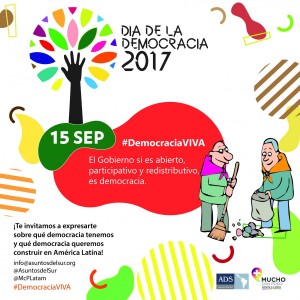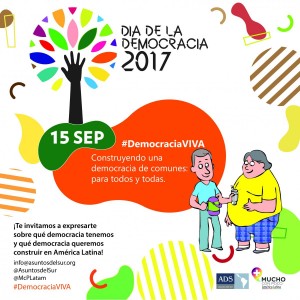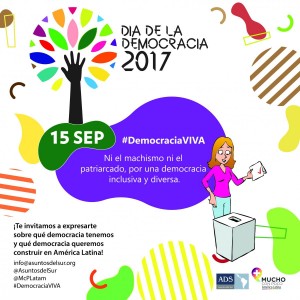During the month of April, the Minister of Modernization, Andrés Ibarra, spoke at the Palacio San Martín on open government, ratifying the commitment of the Argentine State to policies that promote easy access to public management information for citizens. He did so to present the launch of the “OECD Study on Open Government in Argentina”, accompanied by the Deputy Secretary General of the Organization for Economic Cooperation and Development (OECD), the Finnish Meri Kiviniemi, and the chief of advisers of the Ministry of Treasury, Guido Sandleris.
“Below, we offer a google translate version of the original article in Spanish. This translation may not be accurate but serves as a general presentation of the article. For more accurate information, please switch to the Spanish version of the website. In addition, feel free to directly contact in English the person mentioned at the bottom of this article with regards to this topic”.
The OECD study will be carried out throughout this year 2018 and is expected to be presented to the OECD Public Governance Committee in April 2019. This report will present two main objectives: first, to support the implementation of open government strategies and initiatives through an in-depth analysis of the current state of the national government’s reforms focused on promoting the application of these principles, both in the national and provincial public administration. As a second objective, it will try to accompany the Argentine provinces in the process of improving their open government strategies and initiatives, through a data-based approach and peer review. This review process will include visits to three provinces of the country, selected jointly by the OECD and the Argentine government.
The Open Government is a way to develop public policies in an open manner, with the objective of facilitating access to information, encouraging citizen participation and intensifying the system of accountability. It implies a modality of public management that is more transparent, participatory and that improves collaboration between the State, the Government and Civil Society. This movement had its origins in the Great Britain of the ’70s, as a movement that sought to dismantle the secrecy and bureaucratic obscurity that governed British politics. It is currently promoted at the international level by the so-called Open Government Alliance, a multilateral initiative that seeks to ensure specific commitments of governments to advance in the promotion of Open Government.
Argentina has a long history of relations with the OECD, adhering to multiple declarations and conventions of the Organization, as well as participating in official bodies and the Development Center of the OECD. However, it is not yet a Member and it is well known that the national government would like to be able to obtain the formal invitation of the Organization to become one, or at least maintain the best possible relations with its members, since it deals with the countries where a large part of Foreign Direct Investment (FDI) comes from. Therefore, it is of great importance for the Government to undergo a study by the OECD and, above all, to produce good results that can improve its international image.
However, and beyond what the importance of this OECD study for the national government and the results it yields, it should be clarified that there is still much to be done in the path of open government in Argentina. Its effective application must be based on open and easy access to public information by civil society, but it must also contain adequate mechanisms to ensure that this civil society can participate and interact with decision-making based on this information. Last but not least, among the measures should be included those relevant to debureaucratization, which facilitate the exercise of the previous two.
Based on the provisions of the Third National Action Plan for the period 2017-2019 launched by the Ministry of Modernization and the commitments it proposes, it can be observed that from the Argentine State only progress has been made regarding the first characteristic of an open government, accessibility to information by the general public and not without problems, as detailed in the Open Government Partership portal in its section dedicated to Argentina.
It is also worth mentioning that the movements related to making effective and real the participation of civil society for the time being seem to have been limited to activities of the National Open Government Roundtable and other days and survey of demands: far from the effective establishment of institutional mechanisms that integrate to decision making. In terms of debureaucratization, progress has been made in the use of new technological tools and communication linked to the Internet to streamline procedures and consultations from society to the State, such as the implementation in 2016 of the Platform for Public Consultation. However, there are still several areas where the reduction of bureaucracy has not arrived, not to mention that it remains to be seen to what extent these tools are effective on the path to open government.
Clearly, considering all of the above, it can be affirmed that, in order to achieve transparent public policy decision-making, with citizen participation and accountability, many more advances must be made than before. Perhaps the announced OECD study opens a window for organizations, experts and society in general to make their voices heard and promote the necessary measures.
Author:
Agustín Fernandez Righi
Contact:
Agustina Palencia – agustinapalencia@fundeps.org

